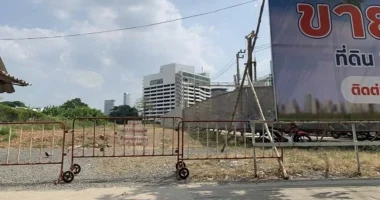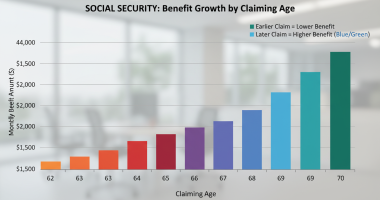Phuket’s Transformation into a Tourist Hotspot
The Shift from Paradise to Overcrowding
Phuket, once known for its serene landscapes, is now grappling with overtourism as record visitor numbers strain its infrastructure. The island’s charm has been overshadowed by the influx of tourists, who now outnumber locals by an astonishing 118 to 1. Renowned for its picturesque beaches and vibrant nightlife, Phuket faces significant challenges in maintaining its appeal while accommodating the post-pandemic surge in visitors.
The Impact of Overtourism on Infrastructure
Strains on Resources and Environment
The rapid increase in tourism has exposed the weaknesses in Phuket’s infrastructure. Roads, water supplies, and waste management systems are struggling to keep pace with demand, raising concerns about the sustainability of the island as a tourist destination. Despite the economic boost from tourism, the environmental degradation is becoming increasingly apparent, prompting urgent discussions about the future of Phuket.
Government Measures to Manage Tourist Influx
Introduction of a Tourist Fee
In an effort to address these challenges, Thailand has implemented a 300-baht tourist fee aimed at managing visitor numbers and funding necessary infrastructure improvements. This initiative reflects a growing trend among global tourist destinations facing similar issues. However, there are ongoing debates about whether such measures will be sufficient to ensure Phuket’s sustainability without compromising its attractiveness to visitors.
Exploring Untouched Areas of Phuket
Hidden Gems Amidst the Crowds
While many parts of Phuket are overwhelmed by tourists, some areas remain relatively untouched. The northern and eastern regions of the island offer quieter beaches and a more authentic Thai experience. These locales provide a stark contrast to the bustling Patong Beach, allowing visitors to experience a glimpse of Phuket’s original charm amidst the chaos.
Future Prospects for Phuket’s Tourism Industry
Balancing Growth with Environmental Responsibility
As Phuket continues to attract millions of tourists annually, questions about its capacity to sustain such growth without further environmental degradation loom large. The island generates approximately 950 tonnes of waste daily, with this figure increasing by 7% each year. Addressing these issues will be crucial for preserving Phuket’s reputation as a premier tourist destination while ensuring that it remains livable for its residents. In conclusion, Phuket stands at a crossroads where it must navigate the complexities of overtourism while striving for sustainable development. Balancing economic growth with environmental stewardship will be essential in shaping the future of this beloved island paradise.









